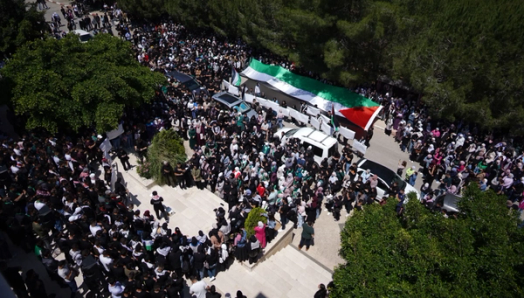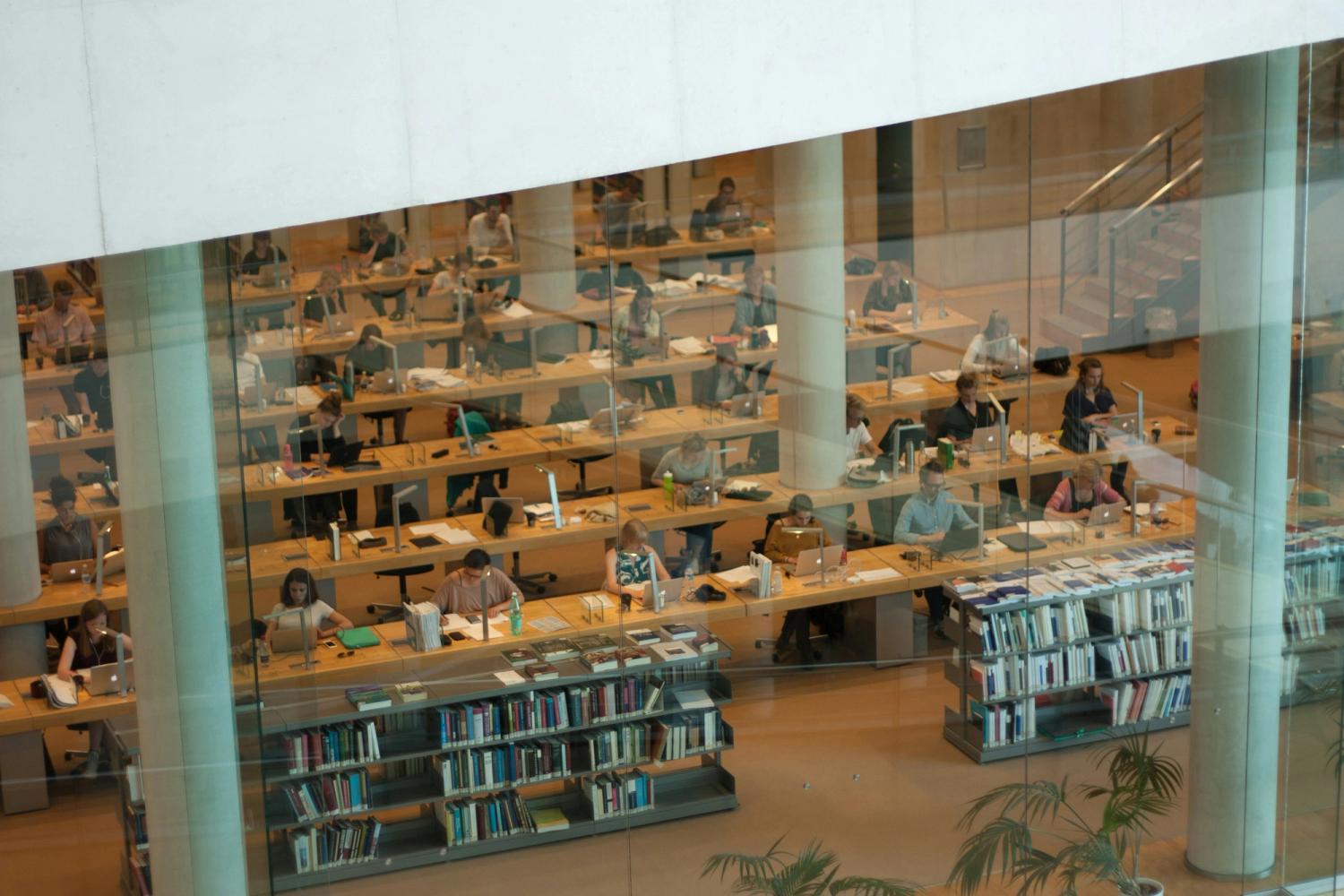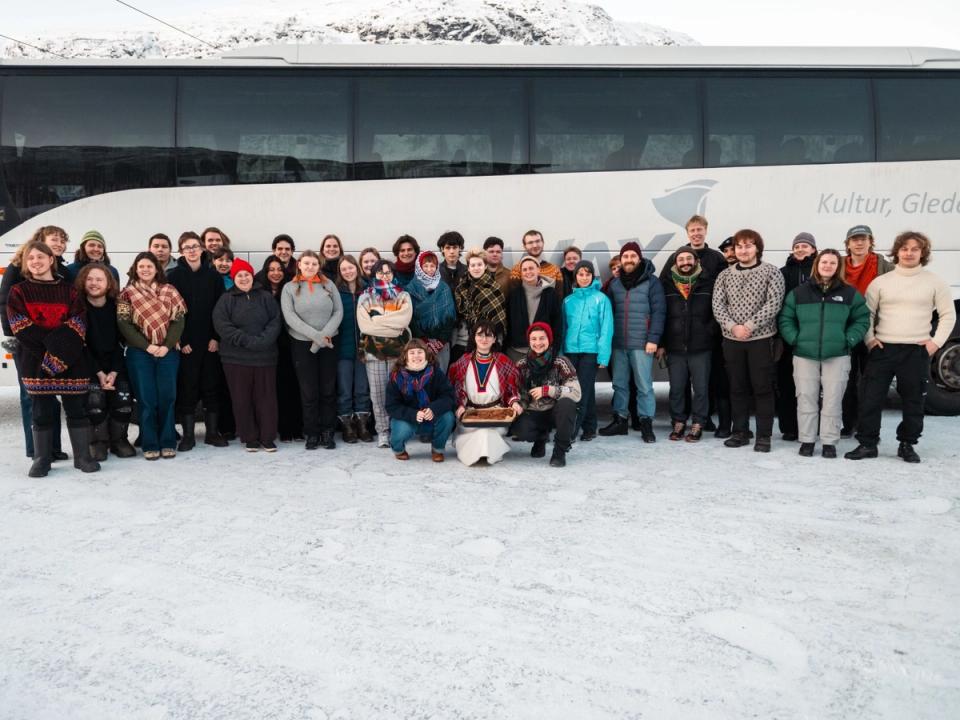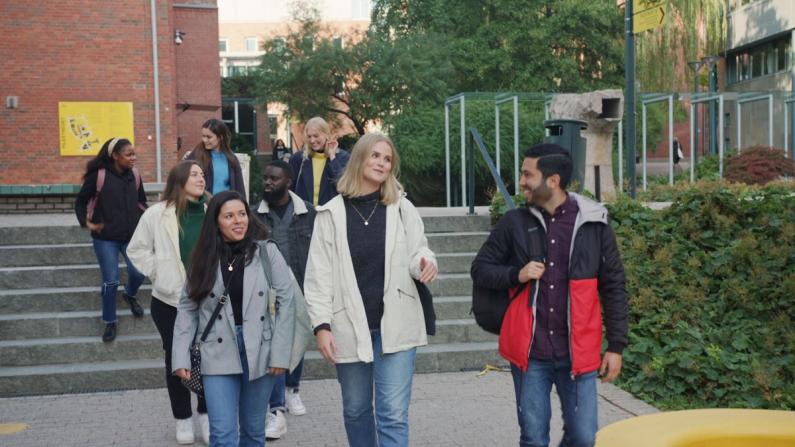Nyhet
Scholars at Risk reaches out to Norway
(image) Illustration photo: Scholars at risk
These were the words of a distinguished Belarussian academic at a recent Scholars at Risk network meeting held in Vilnius, Lithuania in June 2008. The academic was relating the events surrounding his forced resignation from a senior position at a state university in Belarus. In his view, he was forced to resign because he had broken ‘the unspoken and unwritten rules of intellectual survival’ in a totalitarian state.
Throughout the world today, scholars are attacked because of their words, their ideas and their place in society. Too often, governments or other political, cultural, or religious groups seek to limit access to information and new ideas by targeting scholars, restricting academic freedom and repressing research, publication, teaching and learning. This is a means of attaining or consolidating power and control.
The Scholars at Risk Network (SAR) is an international network of over 175 institutions of higher education in 20 countries that aims to respond to such attacks and to prevent them. SAR promotes academic freedom and related higher education values and defends the human rights of scholars and their communities worldwide.
Since its founding in 2000, SAR has received over 1,000 requests for assistance from scholars in over 100 countries. Individual scholars have reported incidents ranging from ‘lower-level’ threats such as surveillance or professional slander to more severe threats including arbitrary dismissal, forced exile and detention without trial. The most extreme attacks take the form of imprisonment, torture, or extra-judicial killing. Likewise, attacks on academic freedom are sometimes aimed at entire university communities and take the form of ideological pressure and censorship, the closings of universities, and the suppression of strikes and protests. Authorities can also threaten academic freedom by imposing restrictions on travel or information exchange, or by restricting access to academic resources in order to discriminate against women or religious, cultural or ethnic groups.
The SAR network responds to both individual and institutional threats. SAR arranges temporary positions at member institutions for scholars – of any discipline and from any country – who need to escape immediate threats to their life or work. A temporary position at a SAR member institution provides a safe and supportive environment in which a scholar can continue her work until conditions improve at home and allow a safe return. SAR has assisted over 200 individuals with temporary placement, counseling or other direct services.
SAR also undertakes capacity-building efforts to strengthen universities. In particular, SAR has launched a series of academic freedom workshops in partnership with the Network for Education and Academic Rights (NEAR) that aim to build solidarity among scholars and institutions and to help participants develop practical and strategic responses to threats against core higher education values. In 2008, SAR has held workshops in Jordan, Russia and Lithuania, and another workshop is planned for Ethiopia later this year. Each of those workshops has brought together academics and advocates both from within and beyond the region of the workshop site. This has given participants the opportunity to compare their experiences, which often leads to the discovery of extensive common ground (despite the fact that threats to academic freedom may arise out of political pressures that are unique to one country or another). In this way, participants see firsthand how local oppression feeds into a problem that, ultimately, has no geographic limitation.
In the coming weeks and months, SAR will work with the University of Oslo (a SAR member since 2001) and SAIH to encourage Norwegian universities’ involvement in network activities. As leading lights of higher education, Norway’s universities are well-suited to the task. Participation can take many forms and is always at the discretion of the institution. Activities include hosting scholars as temporary visitors or organizing lectures concerning academic freedom or university autonomy; there are also opportunities to participate in SAR research and training initiatives. Most importantly, joining the network is a way for Norwegian universities to demonstrate their commitment to the principle that scholars should be free to work without fear or intimidation.
SAR is delighted to partner with SAIH to help mobilize students and academics around academic freedom and related higher education values. This is a new venture for SAR—it is the first time the network has partnered with a mainly student group—and one we will look to replicate in other places.
For information on joining the Scholars at Risk network, see www.scholarsatrisk.org or contact the network office at scholarsatrisk@nyu.edu or +1-212-998-2179.







